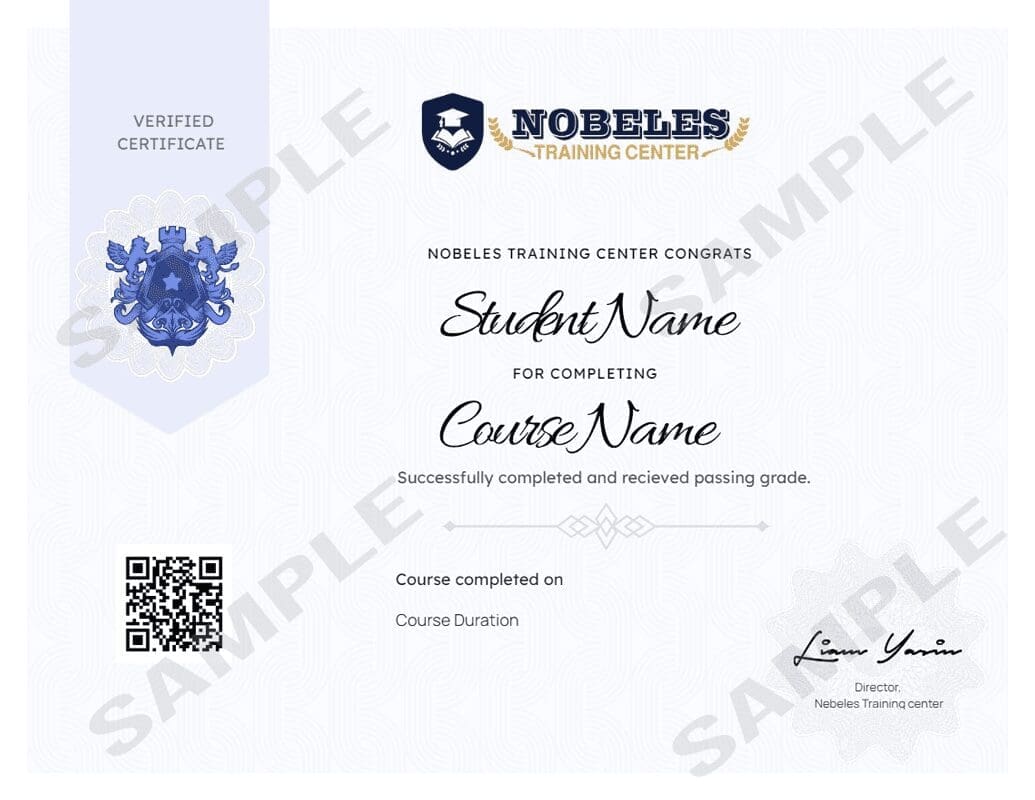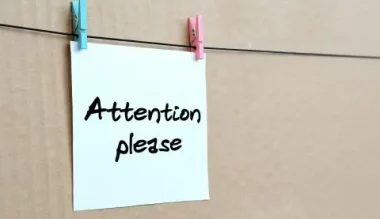Description
Curriculum
Instructor
Welcome to the Anger Management course. Simply put, anger management is the process of controlling anger, before this anger controls you. Anger can be an incredibly damaging force, costing people their jobs, personal relationships, and even their lives when it gets out of hand. However, since everyone experiences anger, it is important to have constructive approaches to manage it effectively.
This course will help teach participants healthy ways to express their anger, identify anger triggers, as well as techniques to de-escalate an angry individual. It is not always possible to eliminate the things that enrage you. What is possible however, is learning how to gain control and manage your anger effectively.
Curriculum
- 11 Sections
- 0 Lessons
- 10 Hours
Expand all sectionsCollapse all sections
- Understanding AngerUnderstanding anger involves recognizing its triggers, physiological responses, and underlying emotions. It’s essential to identify personal patterns, differentiate between healthy and unhealthy expressions, and develop strategies for constructive management.0
- The Styles of AngerAnger styles include aggressive (hostile), passive (suppressed), assertive (respectful expression), and manipulative (controlling). Understanding these styles aids in developing healthier anger management strategies and improving communication.0
- Gaining ControlGaining control over anger involves recognizing triggers, practicing self-awareness, and using techniques like deep breathing, mindfulness, and positive self-talk. Developing coping strategies helps manage responses and promote healthier interactions.0
- Separate the People from the ProblemSeparating people from the problem involves focusing on the issue at hand rather than personal feelings or conflicts. This approach encourages constructive dialogue, reduces defensiveness, and fosters collaboration in finding solutions.0
- Working on the ProblemWorking on the problem involves collaboratively identifying the issue, exploring potential solutions, and developing action plans. It emphasizes open communication, active listening, and constructive feedback to achieve effective resolution and understanding.0
- Solving the ProblemSolving the problem entails implementing agreed-upon solutions, monitoring progress, and evaluating outcomes. It involves collaboration, flexibility, and ongoing communication to ensure effectiveness and make necessary adjustments for future improvement.0
- A Personal PlanA personal plan for anger management includes identifying triggers, setting specific goals, practicing coping strategies (like mindfulness or deep breathing), and regularly reviewing progress. It fosters self-awareness and proactive responses to anger.0
- Communicating Your AngerCommunicating your anger involves expressing feelings assertively and respectfully. Use "I" statements to convey emotions without blaming, focus on specific behaviors, and aim for constructive dialogue to promote understanding and resolution.0
- Dealing With Angry PeopleDealing with angry people involves staying calm, listening actively, and validating their feelings. Maintain a respectful tone, avoid escalation, and focus on finding solutions. Set boundaries if necessary, ensuring a constructive interaction.0
- Pulling It All TogetherPulling it all together involves integrating learned anger management techniques, creating a comprehensive personal strategy, and committing to ongoing practice. Regularly reflect on experiences, adjust approaches, and seek support when needed for continuous improvement.0
- Post TestPost Test0
Nobles Center

5 Students146 Courses
Review
$250.00
334 students
0 lesson
Language: English
0 quiz
Assessments: Yes
Skill level All levels
Nobles Certificate
At the end of the course, you can download a copy of your certified certificate.
Nobeles Academy
Mobile Application
Download the Nobeles center mobile app from the app app store, click the button below
Courses you might be interested in
Welcome to the Presentation Skills workshop. This program can benefit anyone who presents; a trainer, a meeting facilitator, speaker, or seminar discussion leader. No matter which role you are assuming,...
-
11 Lessons
$275.00
Bloom’s Taxonomy is not just for elementary school teachers. The three domains of the taxonomy apply to adult education as well. In this manual, our focus will be on the...
-
0 Lessons
$175.00
Blooms Taxonomy is not just for elementary school teachers. The three domains of the taxonomy apply to adult education as well. In this course, we will focus on the psychomotor...
-
11 Lessons
$225.00
Welcome to the Attention Management workshop. A distracted workforce is less than effective. Employees who do not pay attention to their work can waste valuable time and make careless mistakes....
-
0 Lessons
$225.00






